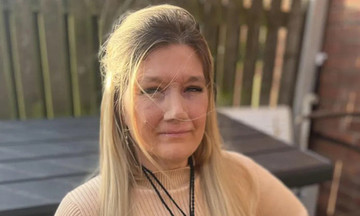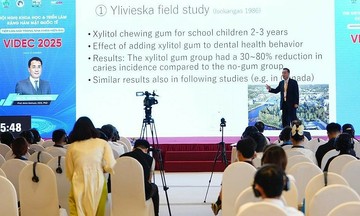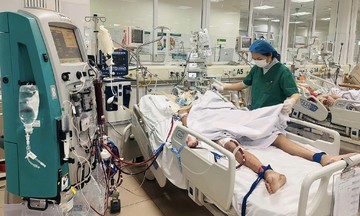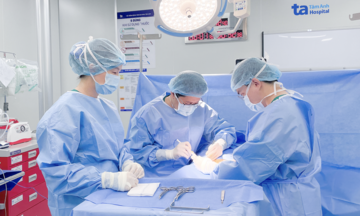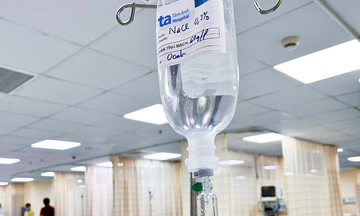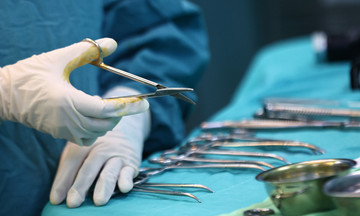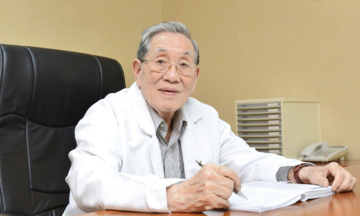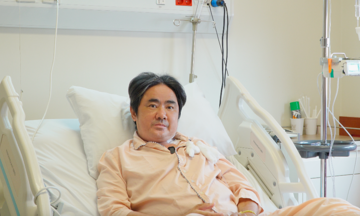Many major hospitals have recently begun offering multi-slice CT scanner services. Nguyen Lan Hieu, director of Hanoi Medical University Hospital, expressed surprise at the rapid uptake of this service despite its high cost and the potential risks from X-rays and contrast agents.
"In just a few weeks, many people have come to me for advice on their scan results," Hieu said.
Hieu's experience is not unique. At Ho Chi Minh City University of Medicine and Pharmacy Hospital, Nguyen Trieu Vu, head of the Breast Department, has also observed the growing popularity of this screening trend. Vu believes a "normal" CT result doesn't guarantee good health but can create a false sense of security, leading people to neglect other essential tests.
Conversely, "abnormal findings" can trigger costly tests or treatments for issues that pose no significant threat to the patient. For example, lung nodules can remain benign throughout a person's life. However, their discovery can lead to further investigations like biopsies, with potential complications such as bleeding, fluid buildup, or pneumothorax.
Are full-body CT scans an effective method for cancer screening? Hieu asserts that CT images only reflect the body's state at the time of the scan and have no predictive value. He emphasizes that healthy individuals with no symptoms and normal test results do not need full-body CT scans. While modern CT scanners can detect small tumors, they should be reserved for high-risk groups. The only widely accepted recommendation is low-dose CT scans for early lung cancer detection in high-risk individuals, such as long-term smokers.
CT scans use ionizing radiation, and exposure to this radiation can slightly increase the risk of cancer later in life. In diagnosis and treatment, the benefits of CT scans generally outweigh the risks. However, for screening asymptomatic individuals, the benefits remain debatable.
The US Food and Drug Administration (FDA), responsible for medical device safety, states there's no scientific evidence supporting the use of full-body CT scans to detect disease in healthy people. The FDA prohibits manufacturers from advertising for this purpose. However, this ban doesn't directly affect clinicians, contributing to the rise of "premium health services" in many countries, including Vietnam.
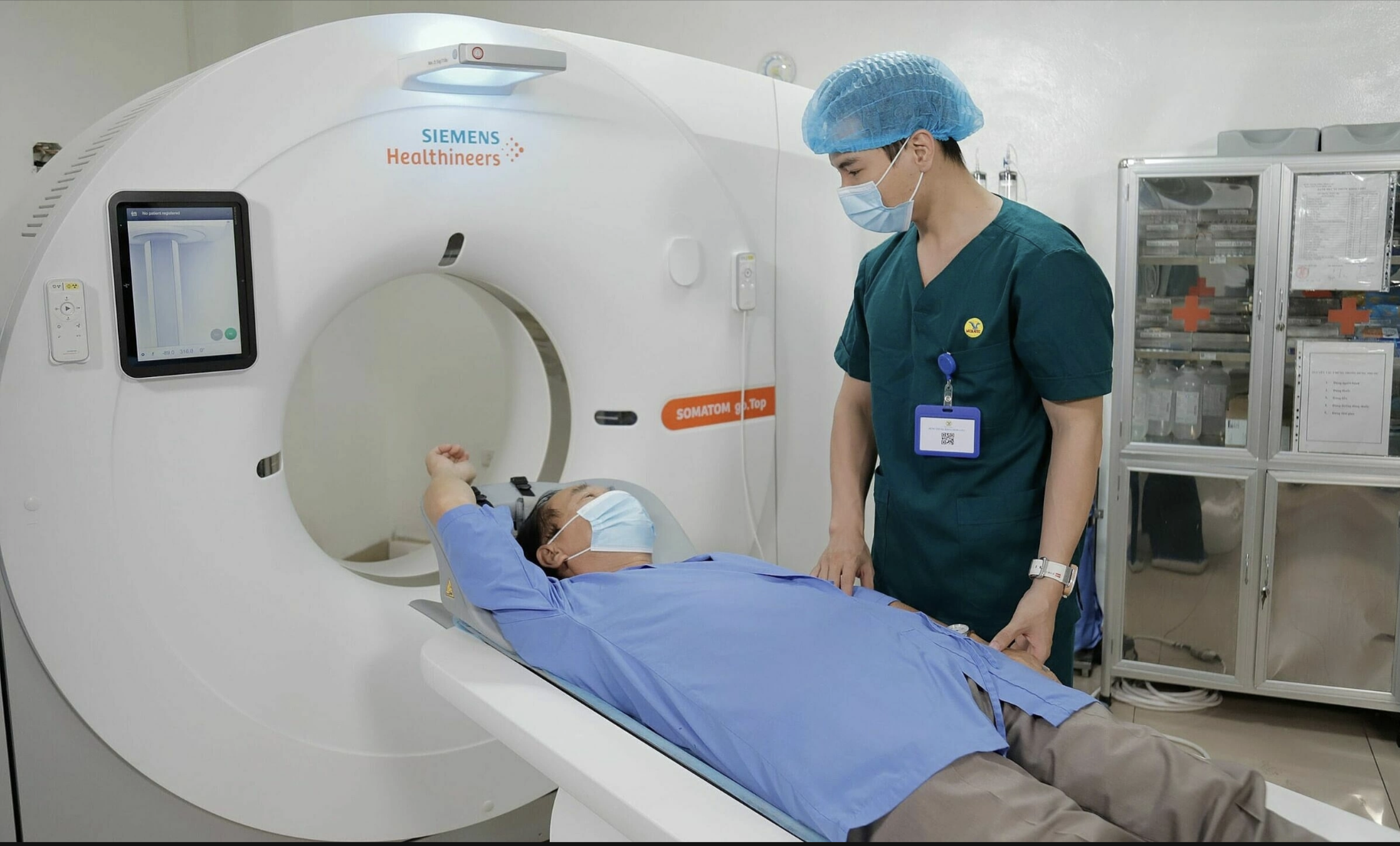 |
A patient undergoing a CT scan for cancer screening. Photo: *Thu Ngo* |
CT scans have inherent weaknesses, including false positives (diagnosing a disease that isn't present) and false negatives (failing to detect an existing disease). These limitations stem from the technology and the physician's expertise.
Vu recommends cancer screening based on individual risk factors and specific organs, such as breast cancer screening for women over 40 or lung cancer screening for smokers. Random screening offers no benefits and can lead to unnecessary expenses and undesirable consequences.
"People should thoroughly research information to avoid wasting money and potentially harming their health," Vu said. He also urged medical professionals to be knowledgeable and objective when advising patients, avoiding overuse or exploitation of CT scans and other tests for personal gain.
My Y



